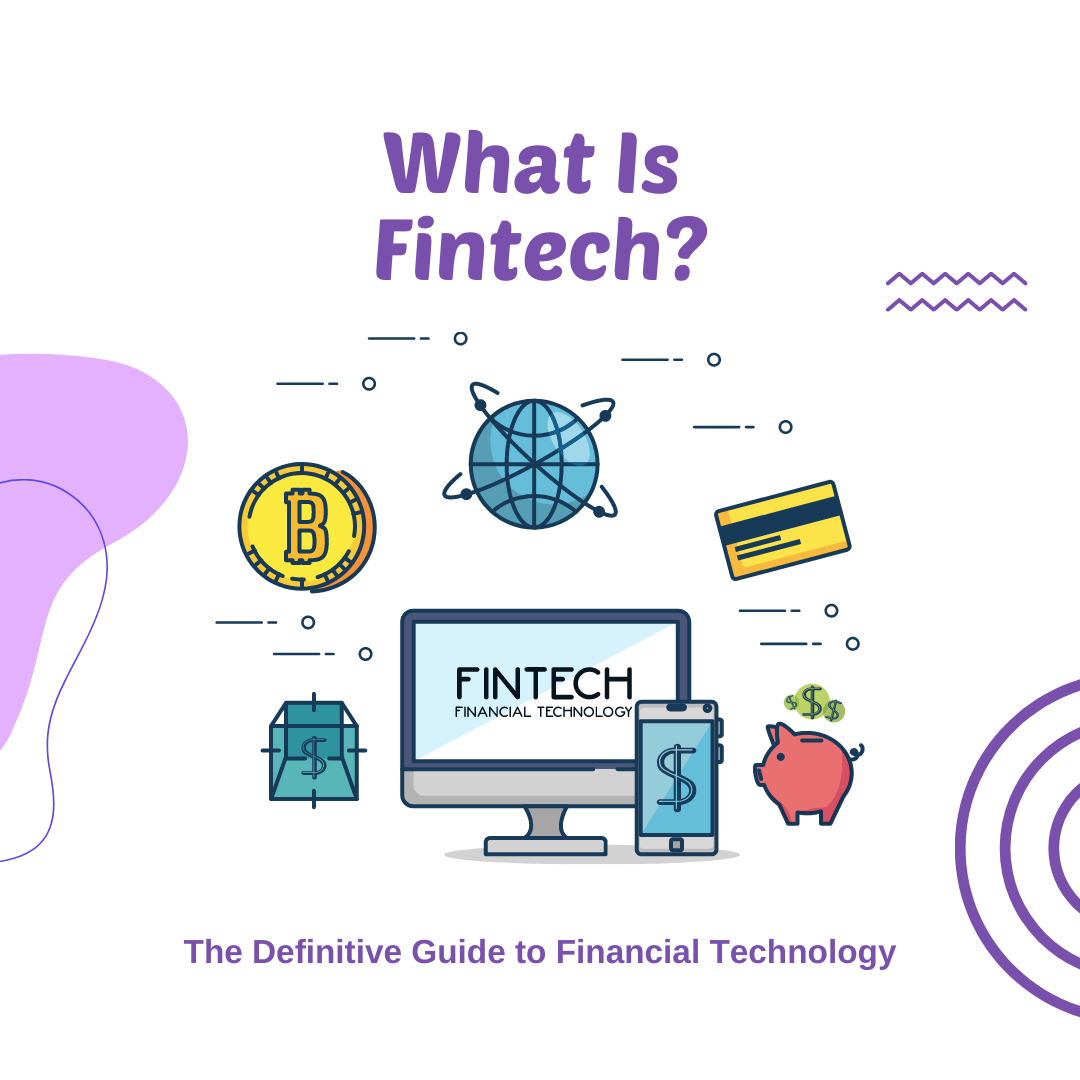Financial technology (fintech) is the use of software and hardware to provide financial services. Fintech is a broad term that covers many different disciplines. It can be anything from mobile payment systems, such as Apple Pay or Google Pay Send, to investment-related products like Robo-investing and Robo-advisors. We’re experiencing a digital revolution of sorts, and fintech will shape the way we think about the world of finance for many years to come. Here, are some ways in which fintech will affect you and your money.
Table of Contents
- What is fintech?
- How does financial technology work?
- How will fintech affect the financial industry?
- The future of fintech and your money
- Conclusion
What is fintech?
Fintech can refer to any form of financial technology—a type of software, hardware, or app that is designed for or can be used in the financial sector. It can include investment banking software, back-office trading software, consumer banking software, credit management software, money transfer software, insurance sales software, and bill payment software.
Using fintech can be fairly simple, but the results can be extremely complex. They depend on all kinds of factors, including the type of financial product, the needs of the customer, the type of infrastructure the customer uses, and the underlying infrastructure used. In other words, fintech is the implementation of technology into any particular financial sector.
How does financial technology work?
Fintech has roots in several different industries, all growing out of the need to apply computers to financial services. Before the 1990s, financial services were performed largely on paper and simple systems. Now, the tech behind these services can be measured in milliseconds.
Despite this, most financial companies still use classic methods to conduct their business. These include offering an array of products, such as checking accounts and savings accounts. From there, customers can have their accounts managed by human staff members, or they can have all of this automated.
Finally, customers can transfer money into and out of the company, either by using the traditional method of waiting in line or by using digital transactions.
How will fintech affect the financial industry?
Gone are the days when you go into a bank branch and need to submit a long form of identification to receive a new credit card. Now, you can simply download the app on your smartphone and start swiping your credit cards.
In the future, we’ll also likely see more innovation in the way that you transfer money between banks, including faster ways of sending funds around the world and making withdrawals or deposits. Consider that over the past decade, PayPal’s cross-border payments have increased by over 400 percent, PayPal’s average speed is two seconds, and it takes six days on average for a bank to approve a person’s foreign withdrawal request.
Fintech could also enable a “maker movement,” or a revival of maker spaces, where people can create things for free using 3D printers.
The future of fintech and your money
From a savings point of view, there are two trends that are likely to affect your wallet: the rise of everyday Robo-advice and the arrival of the open banking revolution.
Currently, almost half of UK adults don’t use any form of financial advice, and nearly 90% of UK bank customers think that investment advice is overpriced. Research has found that 77% of the UK population would use an online automated investment service to get advice, while 74% would look to buy products based on recommendations from other people.
Open Banking is set to help change that, by allowing UK banks to share client data with other financial services providers.
Conclusion
Fintech is here, and it’s not going anywhere. In fact, it’s revolutionizing the way we view the world of finance, giving many of us the ability to manage our money more efficiently. What has once been considered a pipe dream is now just a matter of doing a bit of research, using the right technology, and then implementing it into your life. Best of all, it’s not that complicated. If you want to learn how fintech works and how it can help you manage your money better, check out these resources.
Want to learn more about financial technology? Check out some resources on UDEMY.

















